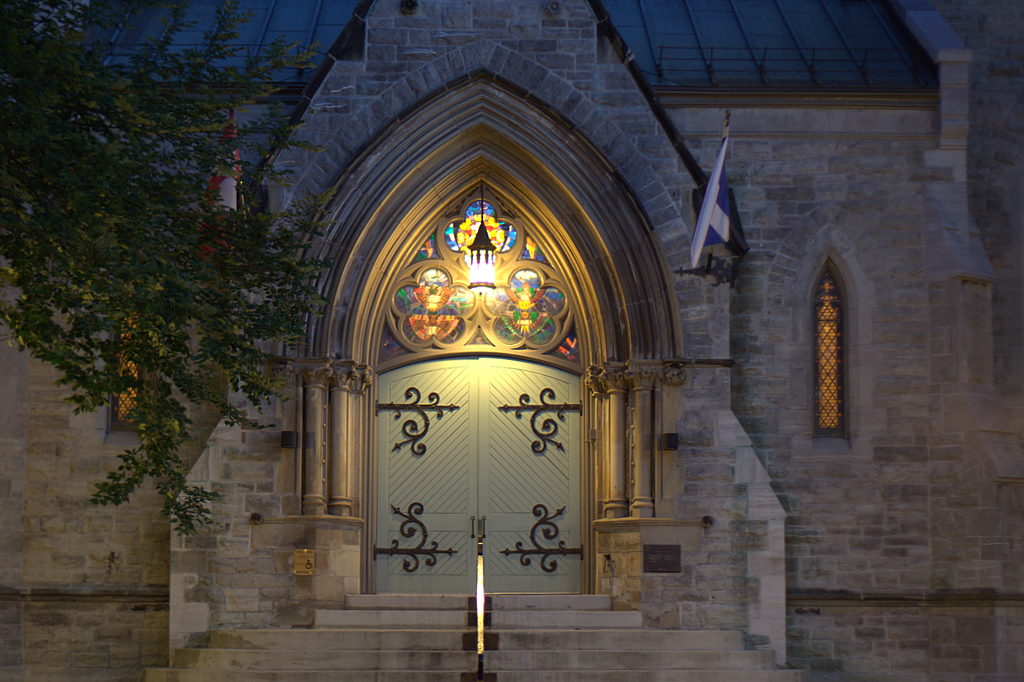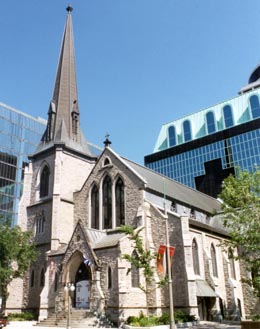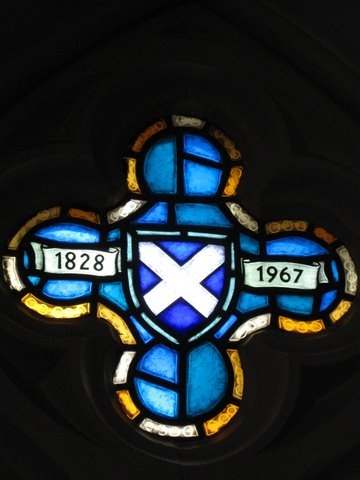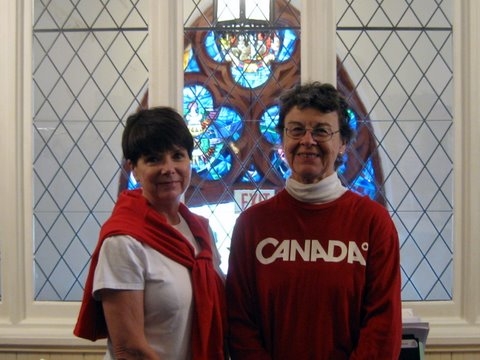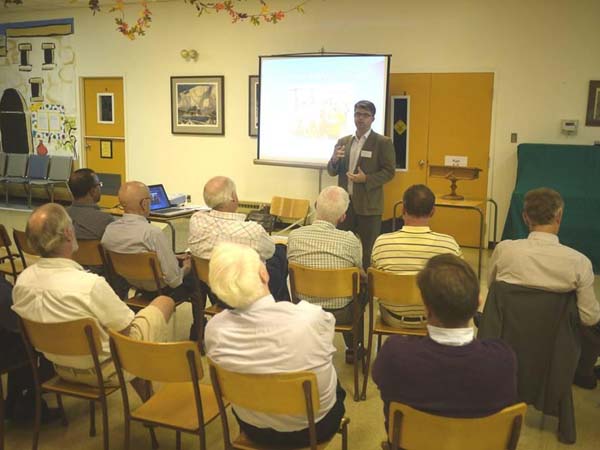- Apostles Creed (100-200 A.D.)
- Nicene Creed (325 A.D.)
- Westminster Confession of Faith (1647)
- Declaration of Faith Concerning Church and Nation (1955)
- Living Faith
Our contemporary, Canadian statement of faith. (Also available to download in French or in Korean.)
As Presbyterians, we are a confessional church and follow the Bible as the Word of God. As well, we feel the obligation to articulate our Christian faith through contemporary words, addressing modern concerns and questions. Listed below are some confessions and statements of belief of our church.
Presbyterians get their name from the Greek word "presbyteros" meaning "elder." This word occurs many times in the New Testament and also in the Greek translation of the Old Testament. It refers to mature members of the community who are respected for their experience and faithfulness. The word may also designate a particular office of leadership. A Presbyterian church is one governed by elders. Today, Presbyterian churches in Canada are governed by elders who are elected by members of the congregation. Although elders are ordained for life, congregations may choose term service for elders. Through this communal wisdom we believe God speaks.
At St. Andrew's, as with all Presbyterian churches, the Kirk Session is comprised of elders elected by the congregation and ordained by God to service within the congregation. The Minister moderates the Kirk Session at its regular meetings and also attends regular meetings of the Presbytery of Ottawa, the body that oversees all congregations in the Ottawa area. Our Ministers' main responsibilities include preparing for and conducting the Sunday worship services, pastoral care, counseling, marriages and funerals and church wide programming. They also represent the Church on a variety of local and community based groups.
Today Canadian Presbyterians consider themselves to be both "Reformed" and "reforming."
Presbyterians also claim the names "Reformed," and "Protestant." Our denomination came out of the Protestant Reformation, a major religious movement that occurred in the early and middle years of the sixteenth century. At that point in history, the Christian Church had divided into two main branches - the Eastern Church (Greek and Russian Orthodox) and the Western Church (Roman Catholic). In the sixteenth century, church leaders began to protest the corruption of the Christian Church and seek its reform. They were called "Protestants" because they were bearing witness (Latin pro plus testare: to bear witness) to what they regarded as New Testament Christianity.
The chief leaders in the reformation movement were Luther, Calvin, Knox, Zwingli and Cranmer. These leaders were intense, courageous, zealous, and assertive. They believed that people were put right in the sight of God by God's grace alone. They said people received God's grace by faith and not by anything that they had done. These Reformers believed that all people had access to God through prayer and the Bible. They believed that God's forgiveness could be received directly without the intervention of a priest. The Reformers also claimed the "indwelling" of Christ in the believer and stressed the sovereignty of God. They will always be recognized for their hope and confidence in the power of a loving God and for recovering the concept of the "priesthood of all believers", who are called to live out their vocation in the world. Marks of the Reformed tradition are the belief that God speaks primarily through the Living Word, Jesus Christ, the written word of the Old and New Testaments of the Bible and through the preached word.


